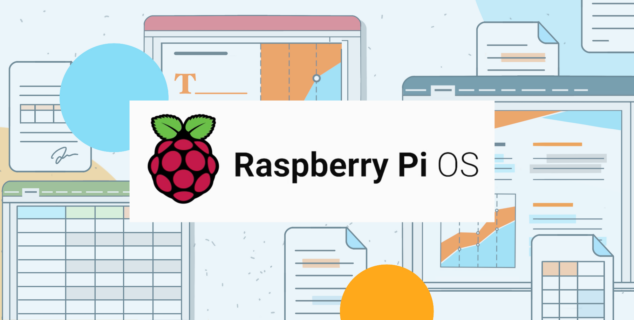Updated ONLYOFFICE connectors for Moodle: integration with Desktop Editors, PDF forms in assignments, improved work with plugins and macros
The ONLYOFFICE connectors for Moodle, both for document collaboration and assignment submissions, have been updated with new features, including integration with desktop apps, PDF forms in assignments, disabling plugins and macros, and more. Read the article to find out all the details.

Integration with Desktop Editors
From now on, you can access and edit documents stored in your Moodle platform from ONLYOFFICE Desktop Editors on Windows, Linux, or macOS. This allows you to work on your texts, spreadsheets, or presentations using all the functionality of desktop apps even offline.
To get started, download or open the desktop apps, go to the Connect to cloud tab, and select Moodle from the list of available integrations. Then enter your Moodle platform URL.
Please note that to connect desktop applications, you need to download version 8.0 of Desktop Editors or update them.

PDF forms in assignments
Starting from version 8.0, ONLYOFFICE editors use the PDF format as the main format for form distribution (instead of OFORM used previously).
Therefore, in the Assignments activity, students receive assignments to fill out in the familiar PDF format. Form creation is still available in the familiar interface in DOCXF format, an extension of the popular DOCX.

This feature requires the installation of an additional plugin, ONLYOFFICE Assign Submission. Get it from the Moodle plugins directory:
Disabling plugins and macros
Administrators can now disable using plugins in editors to restrict users from accessing certain services while working on documents. Besides, running macros in documents can also be deactivated to limit the automation of some tasks in editors.
To do this, go to the Site administration -> Plugins -> ONLYOFFICE -> Settings and check the Yes box near Enable plugins and Run document macros.

New languages for file templates
The latest version of the ONLYOFFICE Connector comes with empty file templates in Arabic, Serbian, and Sinhala. If you use the platform interface in these languages, the editors will automatically open documents with this language set by default.
Other improvements
- Service for checking editor versions;
- Support of Moodle v4.3;
- fixed ‘Save as’ dialog.
The updated version of the plugin is already available in the Moodle plugins directory:
Watch our video to learn how to connect ONLYOFFICE Docs to Moodle:
Create your free ONLYOFFICE account
View, edit and collaborate on docs, sheets, slides, forms, and PDF files online.


